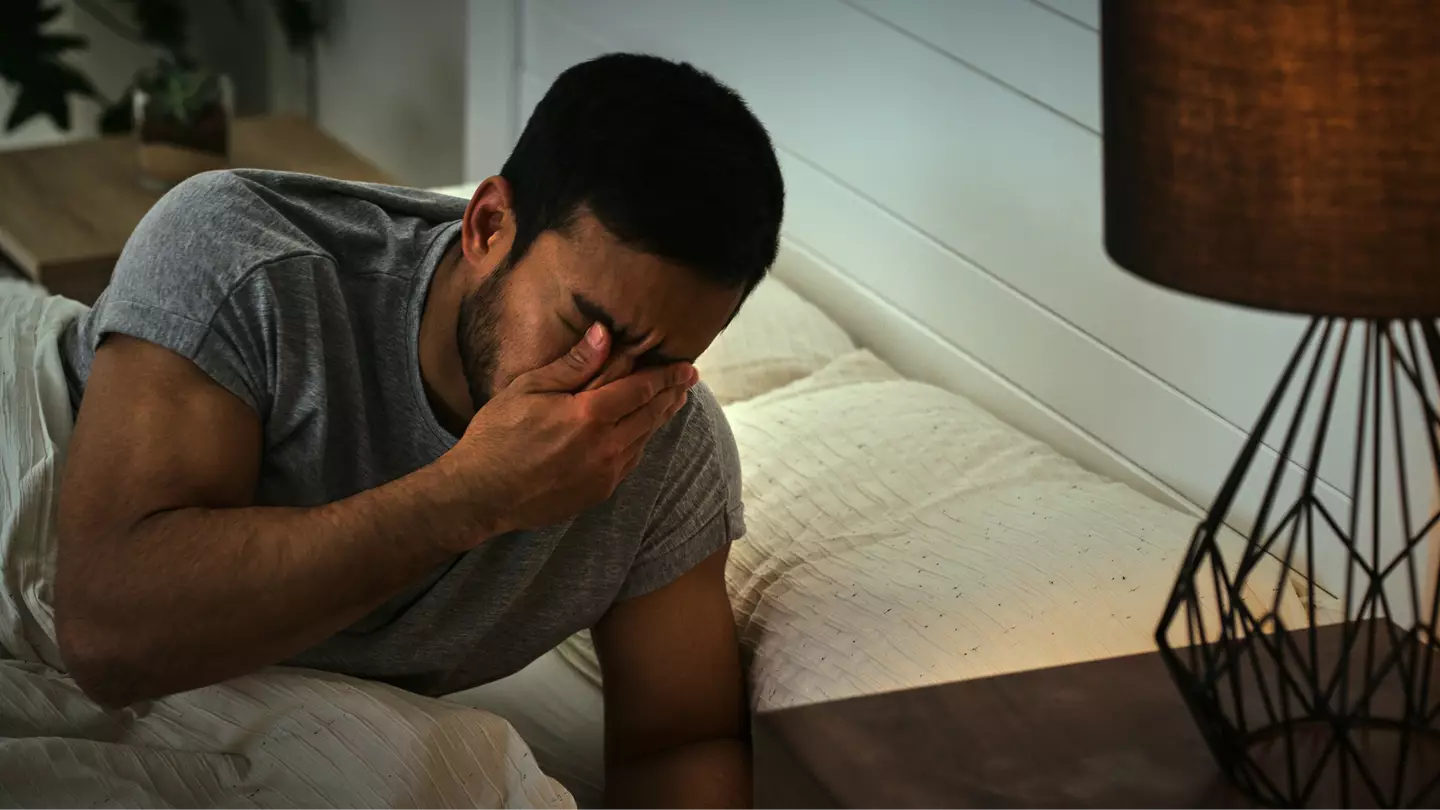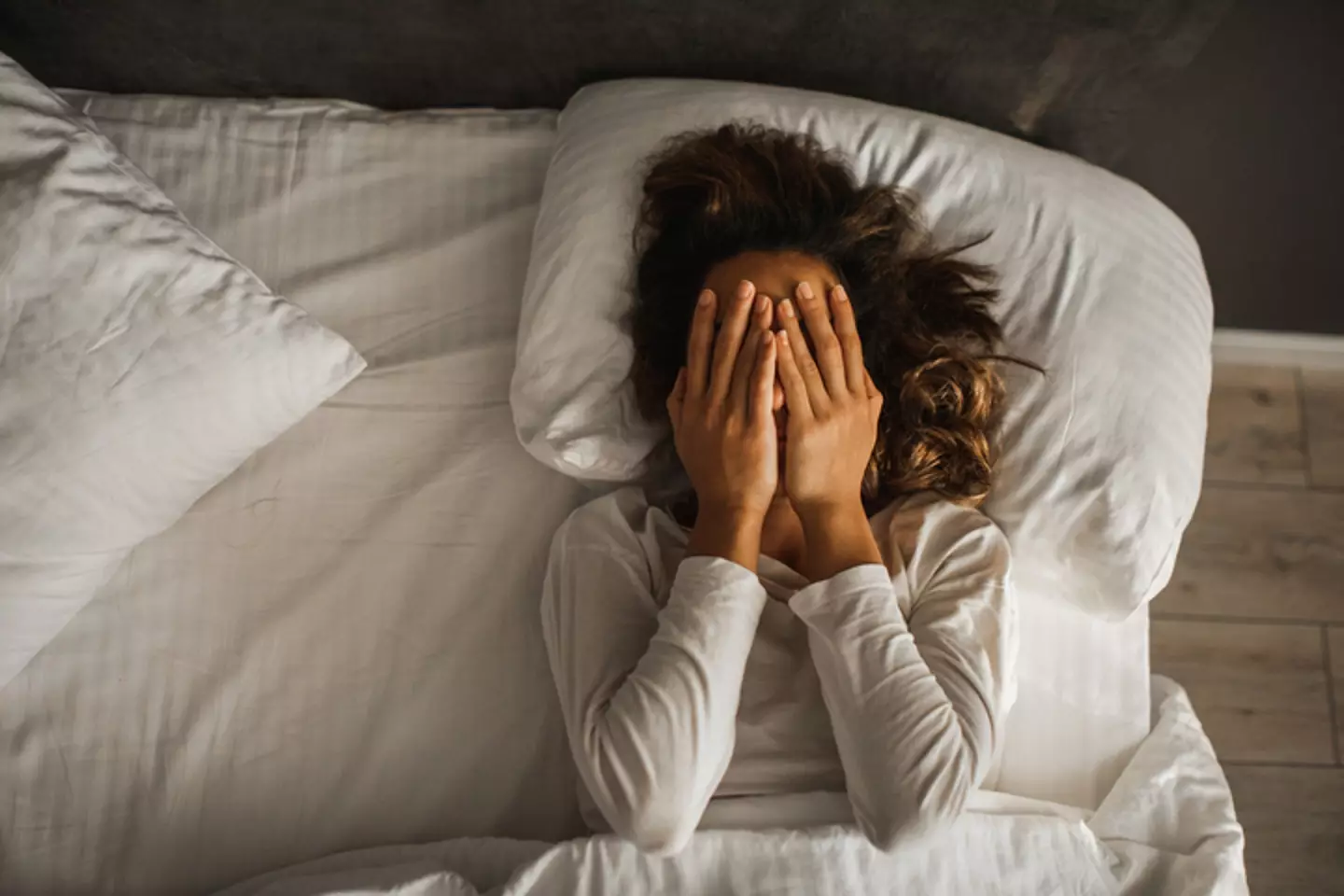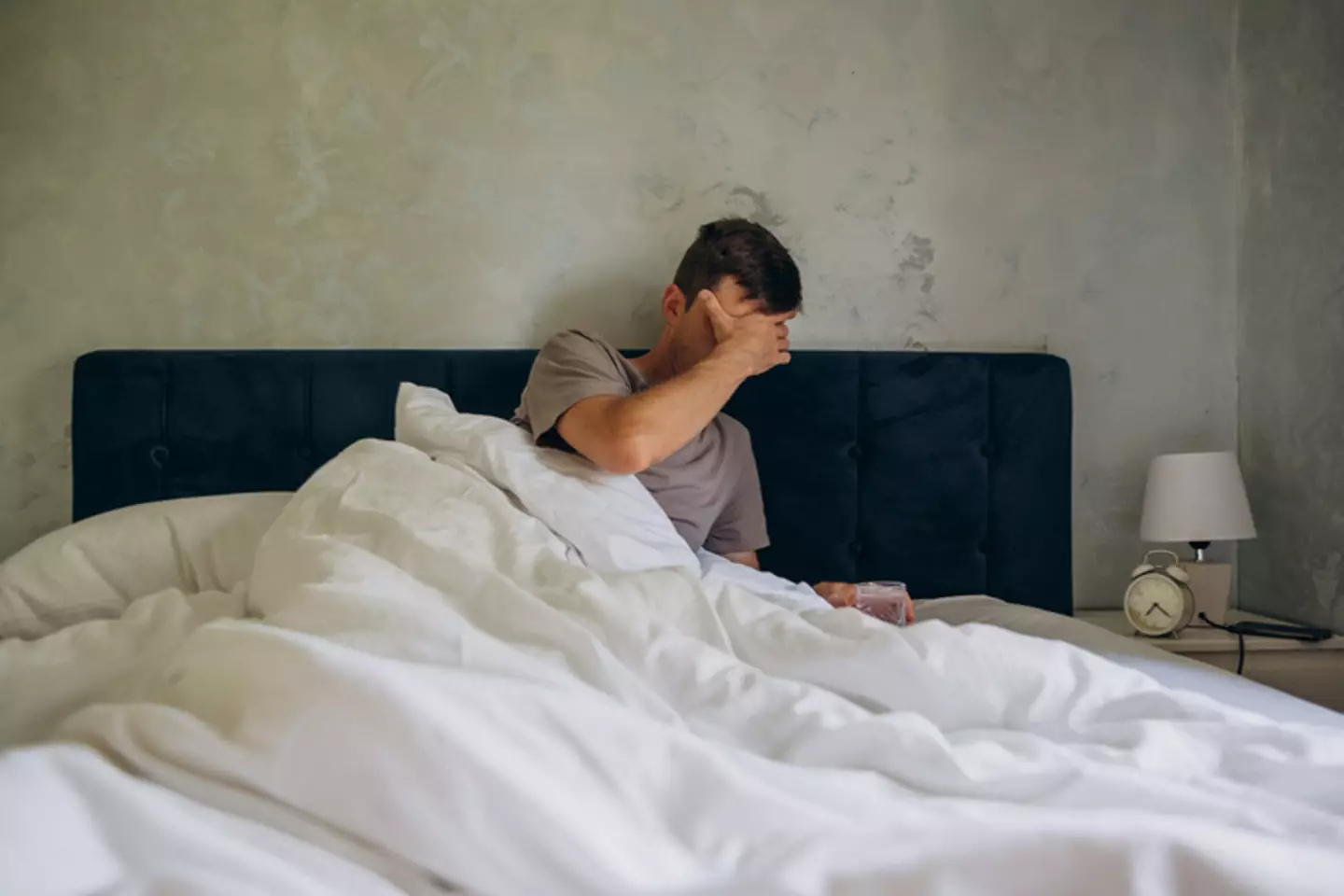
The effect of sleep paralysis on the human body has been explained by Dr. Baland Jalal.
A sufferer since his late teens, the Harvard University researcher and leading expert in this frightening field recalled his first brush with the phenomenon during a chat with CNN Health.
"I tried to call my mum (and) dad, but no words would emerge from my throat. I had this ominous presence of a monster, and it lifted my legs up and down," he said.
"It strangled me, trying to kill me. And I was 100 percent sure that I was going to die. It literally feels like all the evil of the universe is condensed into a bubble, and it's in your bedroom."
Advert
But what is happening to your body, scientifically, whilst in the grip of sleep paralysis?
How does sleep paralysis work?

Jalal's recollected hallucination is a common one amongst fellow sufferers, occurring in the transition in or out of REM (rapid eye movement) sleep.
According to Dr. Matthew P Walker of the Center for Human Sleep Science at the University of California, Berkeley, the awake, fidgety mind is momentarily fighting the still-asleep physical vessel at this point, with an estimated 30% of the global population experiencing it at least once throughout their lifetime. It can last up to 20 minutes.
In REM sleep, the body is paralysed, so we don't act out the dreams we're having - imagine slow-motion running through your house in the dead of night - but sleep paralysis occurs when you wake up at this awkward juncture. Full consciousness is apparent, but the body cannot respond to any brain signals.
Dr. Walker elaborated: "We regain consciousness before the muscles regain their freedom from REM-induced paralysis."
Intriguingly, through his travels abroad, Jalal realised that there are cultural interpretations of the haunting hallucinations.
For example, Italian and Egyptian sufferers bear witness to witches or genies, while the Danes, Poles, and some Americans encounter much less fear thanks to a lack of the supernatural.
Why do we see monsters during sleep paralysis?

"Why do we see these monsters? Is it the dreaming imagery that's spilling over into conscious awareness? My answer to that is, according to my research, no, not exactly. But it's part of it," he commented.
According to the expert's theory, our natural reaction is to escape a paralysing situation, so the brain declares 'to hell with it' and dreams up a rather fantastical distraction.
Meanwhile, HealthLine lists 'stress or anxiety, sleep deprivation, narcolepsy, PTSD (post-traumatic stress disorder), jet lag, heartburn, or alcohol' as possible factors behind sleep paralysis.
To combat any repeat experiences, there's some pretty failsafe tips, like adopting a healthier sleep schedule.
'Avoid going to sleep on a full stomach. Refrain from having caffeine and alcohol close to bedtime. Doing something relaxing before bed can also help you get a good night's sleep," the publication advises.
"Sleep paralysis is more likely to happen when you sleep on your back since you're more likely to be awoken from snoring or sleep apnea, so opt for any other position that's comfortable. If you have the tendency to end up on your back even after falling asleep in another position, placing a pillow on either side can stop you from rolling over all the way."
